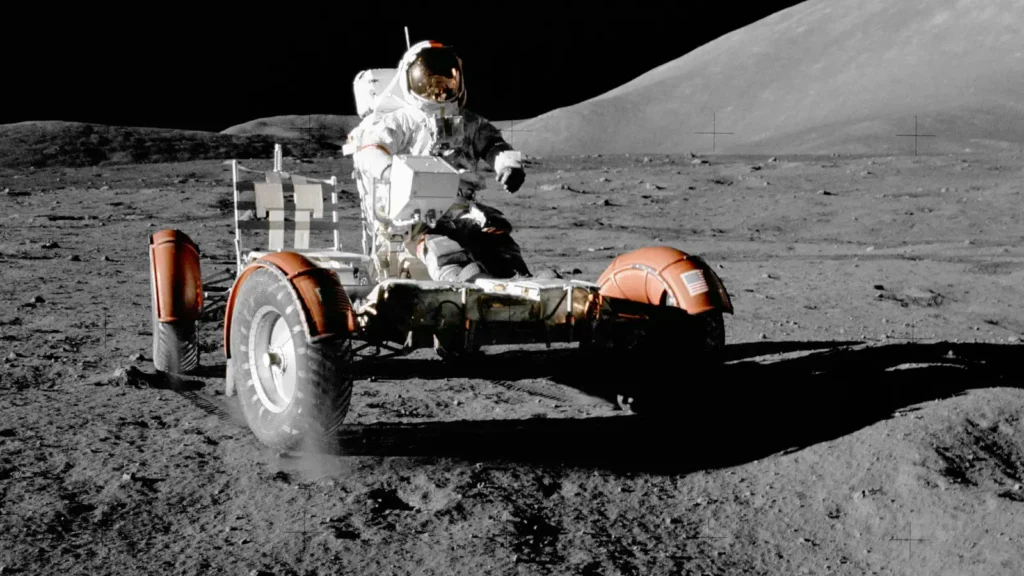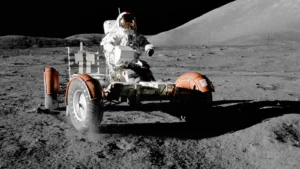Beyond the Stars: The Frontier of Space Exploration and Colonization

Introduction: Since the dawn of humanity, the stars have beckoned us with their mystery and majesty, inspiring generations to reach for the heavens in search of knowledge, adventure, and discovery. Today, as technological advancements propel us ever closer to the cosmos, the dream of space exploration and colonization is no longer confined to the realm of science fiction—it is a tangible reality within our grasp. Join us as we embark on a journey through the vast expanse of space, exploring the wonders of exploration and the promise of colonization beyond our home planet.
The Quest for Exploration: From the pioneering voyages of early astronomers and explorers to the monumental achievements of the space age, humanity’s quest to explore the cosmos has been fueled by curiosity, ambition, and a relentless spirit of discovery. From the first tentative steps on the Moon to the robotic probes venturing to the outer reaches of the solar system, each milestone in space exploration has expanded our understanding of the universe and our place within it.
Today, space agencies and private companies around the world are pushing the boundaries of exploration, with ambitious plans to return humans to the Moon, explore Mars, and probe the mysteries of distant planets and celestial bodies. From the International Space Station (ISS) to the Mars rovers, these missions are paving the way for future generations to venture deeper into space than ever before, unlocking new frontiers of knowledge and possibility.
The Promise of Colonization: While exploration offers a tantalizing glimpse into the wonders of the cosmos, the dream of space colonization holds the promise of a future where humanity establishes permanent settlements beyond Earth’s bounds. From lunar bases and Martian colonies to space habitats orbiting distant planets, the vision of a multiplanetary civilization is taking shape, driven by advances in technology, sustainability, and human ingenuity.
Space colonization offers a host of potential benefits, from expanding the reach of human civilization and ensuring the survival of our species to unlocking new sources of energy and resources and inspiring future generations to pursue careers in science, technology, engineering, and mathematics (STEM). Moreover, by establishing self-sustaining colonies on other worlds, humanity can mitigate the risks of catastrophic events on Earth and preserve our species for millennia to come.
Challenges and Opportunities: While the vision of space exploration and colonization is undeniably inspiring, it is not without its challenges and obstacles. From the harsh environments of other planets to the technical and logistical complexities of long-duration space travel, the journey to the stars will require ingenuity, perseverance, and collaboration on an unprecedented scale.
Moreover, as we venture deeper into space, we must also grapple with ethical, social, and environmental considerations, ensuring that our exploration and colonization efforts are conducted responsibly and sustainably. From protecting the pristine environments of other worlds to addressing issues of equity, access, and governance, these challenges will require careful consideration and thoughtful planning to navigate successfully.
Conclusion: As we stand on the threshold of a new era of space exploration and colonization, the possibilities are as limitless as the cosmos itself. From the towering rockets poised on launch pads to the intrepid explorers preparing to journey to the stars, the spirit of discovery and adventure burns brightly within us, driving us ever onward into the unknown. As we embark on this grand odyssey of exploration and colonization, let us embrace the challenges and opportunities that lie ahead, united in our quest to reach for the stars and unlock the secrets of the universe.





